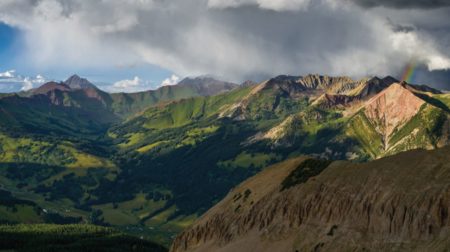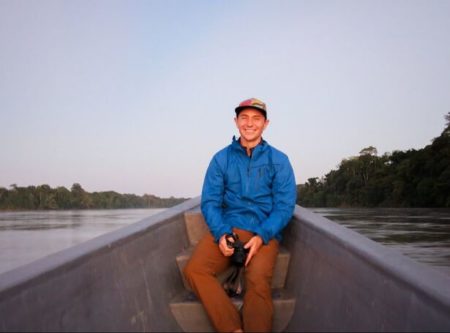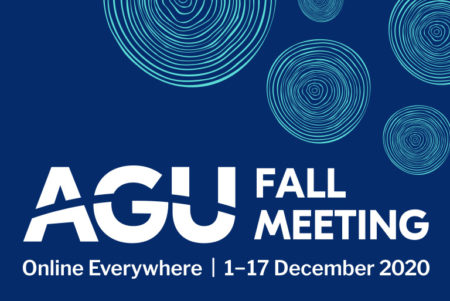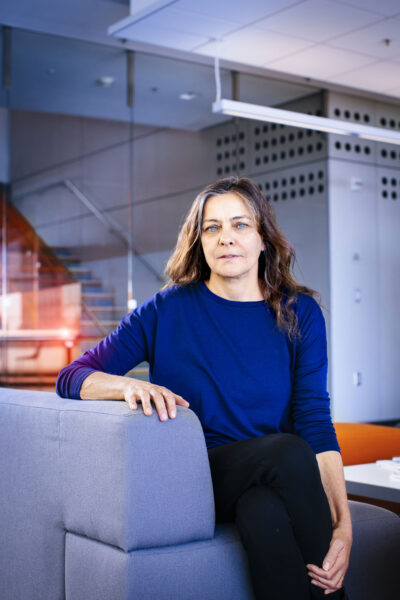
Jill Banfield. Photo by Elena Zhukova. (Image taken from the UC Berkeley website)
Jill Banfield has been awarded the 2023 van Leeuwenhoek Medal for her contributions to the understanding of microbial communities and interactions between microbes and the environment. Her work at Old Rifle, East River, and many places beyond has been both groundbreaking and instrumental to understanding environmental processes catalyzed and controlled by microbial activity. Read more »
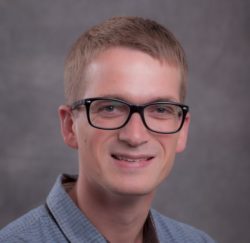 EESA Research Scientist
EESA Research Scientist 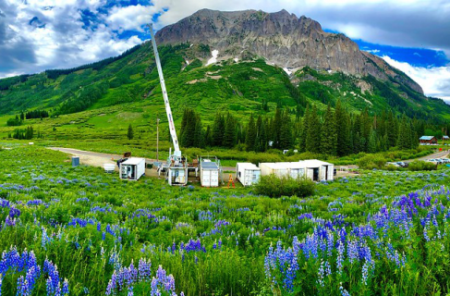
 SFA researcher Dr.
SFA researcher Dr.  SFA Field Deputy
SFA Field Deputy 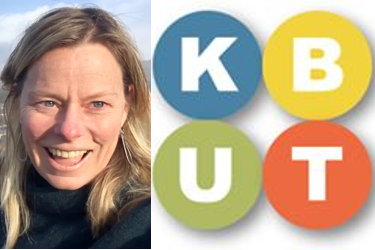 SFA scientist Dr. Heidi Steltzer (Ft. Lewis College) was interviewed on KBUT, a community radio station in Gunnison County, CO (home to the East River watershed). As a guest on KBUT’s segment “
SFA scientist Dr. Heidi Steltzer (Ft. Lewis College) was interviewed on KBUT, a community radio station in Gunnison County, CO (home to the East River watershed). As a guest on KBUT’s segment “